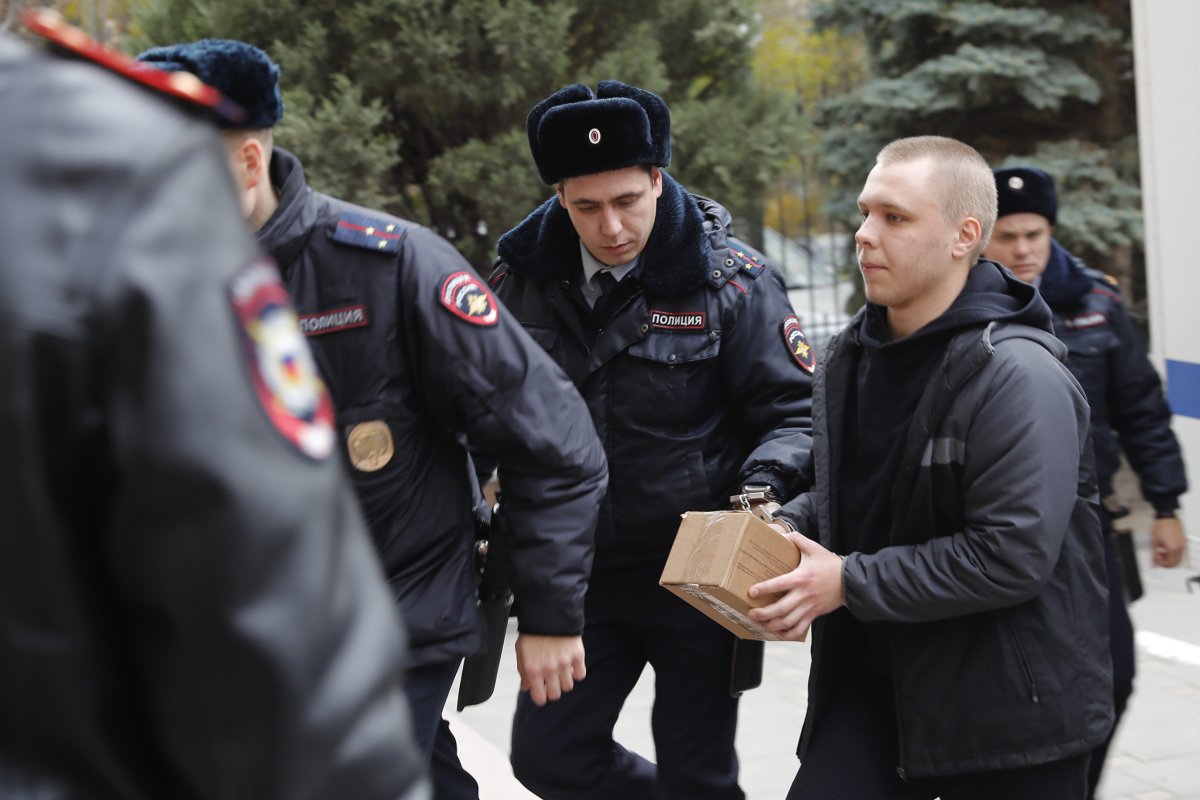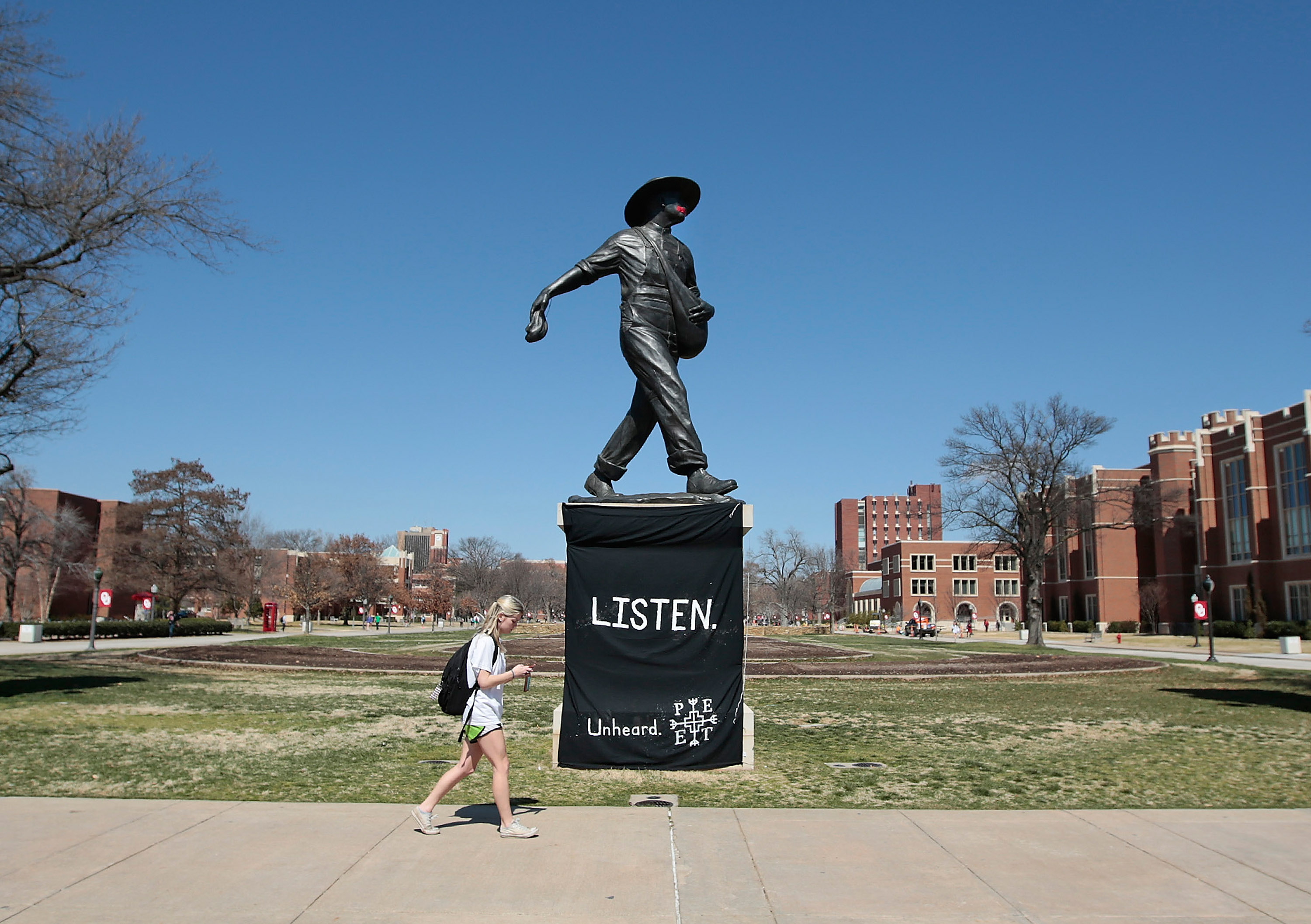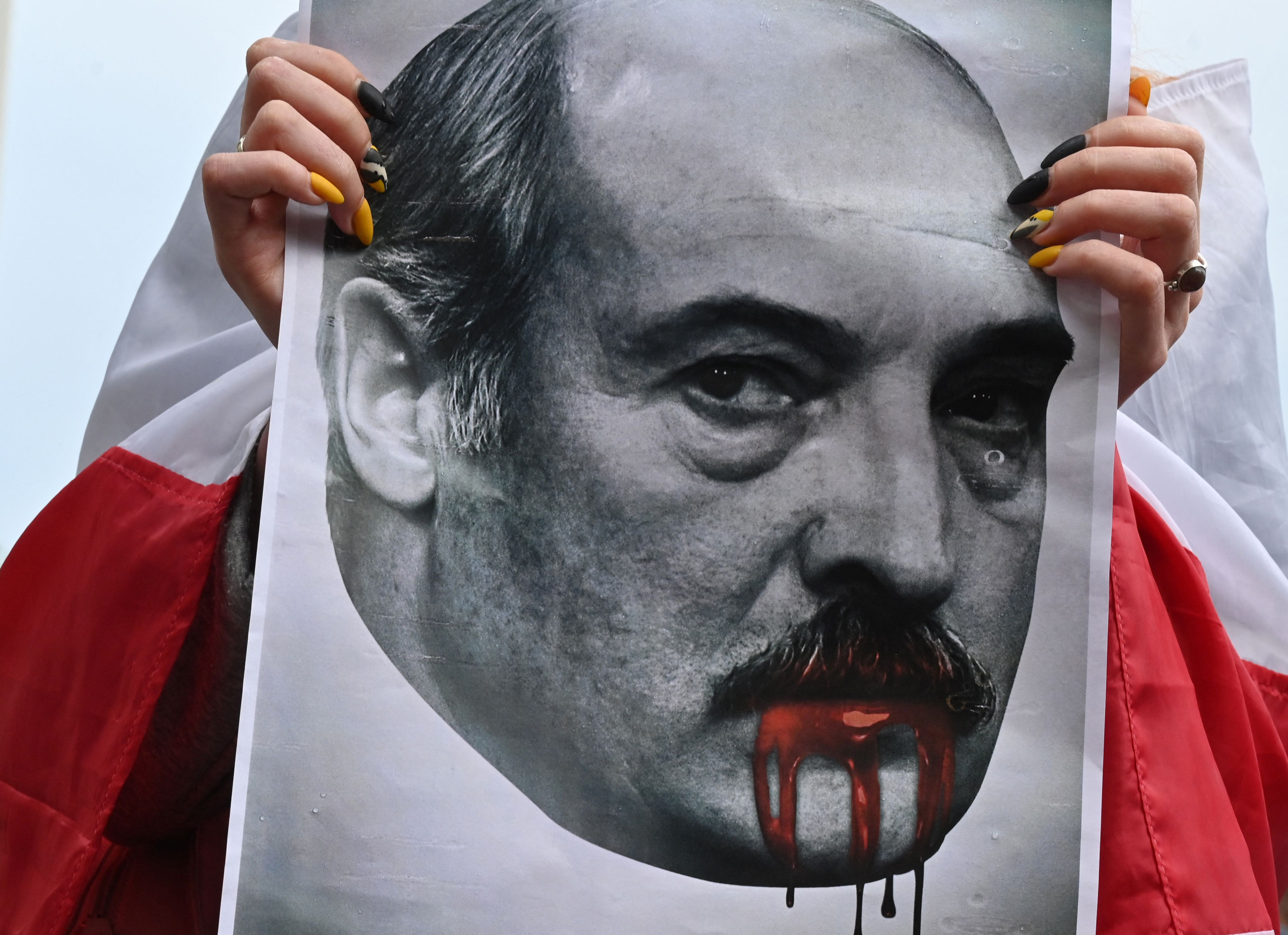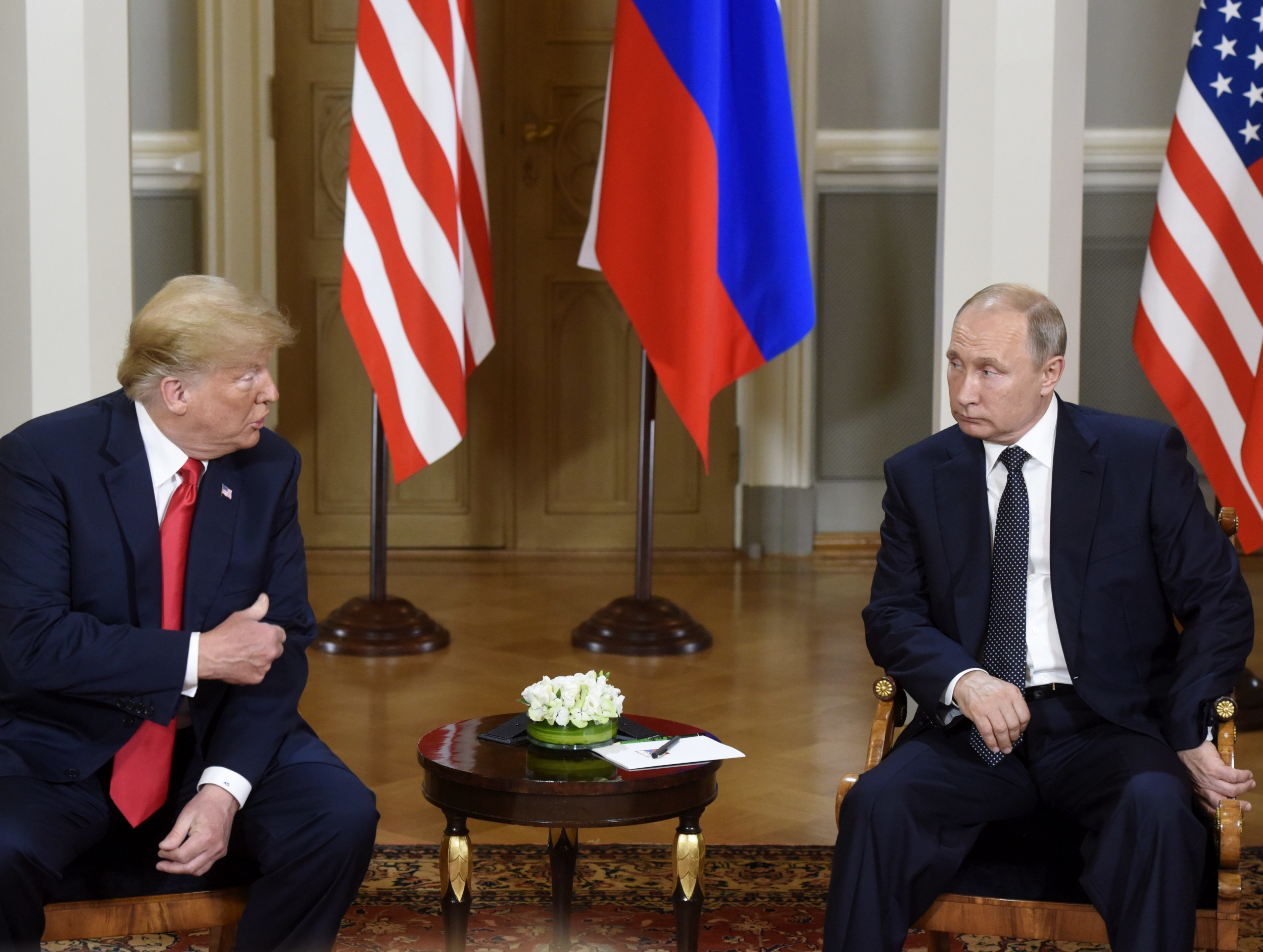A Russian man went on trial Thursday for allegedly sending a video of Russian equipment to a Ukrainian official.
The Volgograd District Court began hearing a new case against Nikita Zhuravel, who has been accused of high treason.
Russia's definition of treason has been expanded to include providing vaguely defined "assistance" to foreign countries or organizations, which has effectively made anyone in contact with foreigners vulnerable to prosecution.
What Did Nikita Zhuravel Do?
Zhuravel allegedly filmed a trainload of military equipment and warplanes in 2023 and sent the video to a representative of Ukraine's security agency.
He faces possible life in prison if he is convicted.
In a separate case, a military court sentenced a man named Sergei Andreev, who was convicted of treason and terrorism, on Thursday to 24 years in prison.
Andreev set a military recruitment office in Moscow on fire in November 2023. Prosecutors said Andreev attacked the office on instructions from the Ukrainian special services that he was sent on a messaging app.

Zhuravel Beaten in Russian Custody
Zhuravel is seen as a political prisoner by rights activists.
He is currently serving a 3-and-a-half-year sentence for burning a Quran outside of a mosque.
Before his current sentence, Zhuravel was beaten while in pretrial custody by the teenage son of Ramzan Kadyrov, the Kremlin-appointed leader of the mostly Muslim region of Chechnya.
Ramzan Kadyrov posted a video of the beating on social media and praised his son, which caused a public outcry. The elder Kadyrov later awarded his son with the medal of "Hero of the Republic of Chechnya."
Russian federal authorities have refrained from criticizing Ramzan Kadyrov.
Spike in Treason and Espionage Cases
Treason and espionage cases have soared in Russia and a wide range of suspects have been targeted including, people critical of the Kremlin, independent journalists and scientists.
Lawyers and experts say prosecutions for these high crimes started to increase after 2014—the year Russia illegally annexed Ukraine's Crimean Peninsula and supported a separatist insurgency in eastern Ukraine.
But since Russian President Vladimir Putin launched a full-scale invasion of Ukraine in February 2022, treason and espionage cases skyrocketed.
Advocates from Memorial, Russia's oldest and most prominent human rights group, have declared a number of people accused and convicted of treason to be designated as political prisoners. In December 2021, Memorial and its sister organization were ordered to close by Russian courts.
This article includes reporting from The Associated Press.




















 English (US) ·
English (US) ·